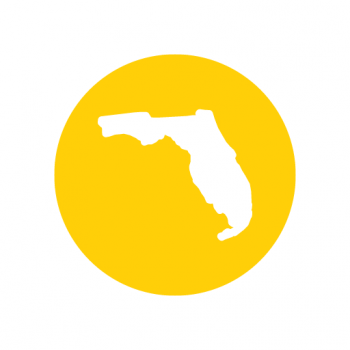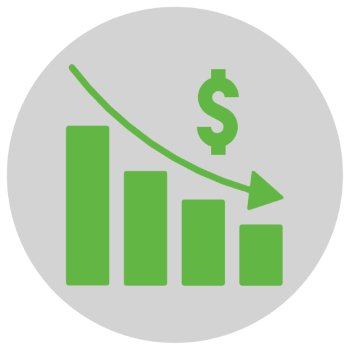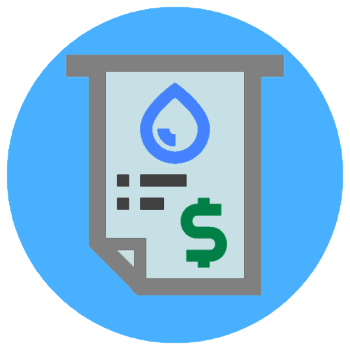Co-written by Erin Ansbro
Right now, water utilities are facing great uncertainty about the coming months and years. When will moratoria on water shut-offs end? When will water consumption be back to “normal”? Will utility staff get COVID-19? And the “Big One” — What will revenue loss be for utilities in the coming months and years? While answers to these questions remain unknown during these unprecedented times, guidance from the past can help utilities think through strategies that may save them money now and in the future. Here, we distill information from a previous EFC report about approaches utilities took in response to the Great Recession of 2008-2009 and discuss how the findings relate to circumstances under COVID-19 conditions.
The report, written in partnership with the Water Research Foundation, comes from ideas discussed during a two-day forum with 17 CEOs of utilities which serve between 78,000 to 19 million customers. During the forum, leaders “discussed how they acted to mitigate the recession’s impact and adapt to a changed financial and economic environment” (p. xi). Although these approaches were used by large utilities, some may be appropriate for smaller utilities. These approaches are starting points for consideration, but are NOT intended to be a specific road map or a recipe for success. In addition to the overarching themes and summary, the report lists some future research needs and then gives details on the 48 strategies implemented by the forum participants. Continue reading







